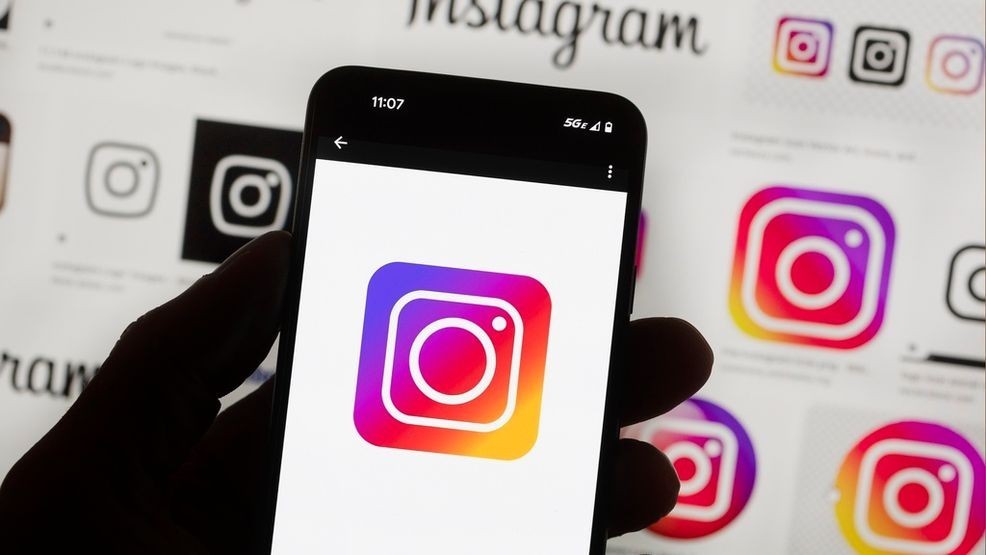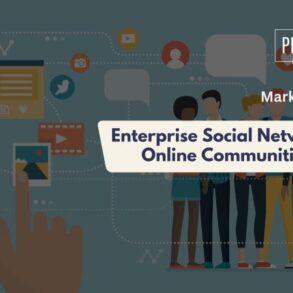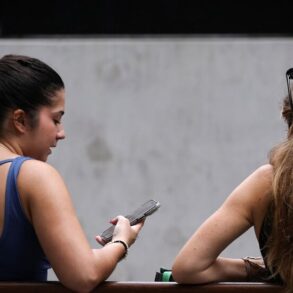
KALAMAZOO, Mich. — Australia has introduced a law that would ban Facebook, Instagram and more for anyone under 16.
If enacted, that law would take effect next year and force the social media giants to keep kids off their platform.
Here in the U.S., Integrated Behavioral Health in Kalamazoo said it’s a conversation long overdue.
“I don’t know how many people see it as as big of a deal as it truly is,” psychologist Jordan Horan said.
The Kalamazoo psychologist works with teens with learning disorders, and for years has seen the poor sleep, anxiety and low-impulse control that often comes with social media and the constant scrolling.
“These researchers knew what they were doing when they designed these things,” he said. “As far as implementing emojis, implementing likes, implementing navigating some of these things.”
The Australian government has noticed it too, and is giving big tech companies a year to make sure those under 16 cannot create accounts; its leaders call it legislation for the world to follow.
But with social media often defining the way we communicate, the question becomes: how do we keep its risks out of the hands of children?
Horan said a complete ban may not actually be entirely practical.
With it often being a necessity in the modern world, he said its domination of kids’ lives often comes down to a failure of moderation and education.
“We wouldn’t give a car, we don’t tell a kid, ‘here’s the keys, learn how to drive it,'” Horan said.
He advocates for what he calls ‘social media hygiene’ classes in schools, similar to how health classes speak to students directly about substance use.
“It’s like, ‘is this becoming a problem for you? Are you having problems turning your phone off at night? Are you constantly thinking about your phone or social media?'” Horan said.
As for whether legislation similar to Australia’s would pass here in Congress, Horan said social media is not often brought up to him by parents as a concern.
He feels that they do not fully understand just how much their brains are shaped in the adolescent years, or even the risk of predators.
He calls social media a balancing act between a teenager’s freedom and the oversight they still need.
“It’s almost like a dangerous game that they’re playing where it’s kind of rigged against them,” Horan said.
In Australia, more than 100 academics signed a letter opposing that social media age limit.
They call it “too blunt” to effectively take on the challenges of new technology, and Facebook’s parent company, Meta, also said it needs further refinement.





